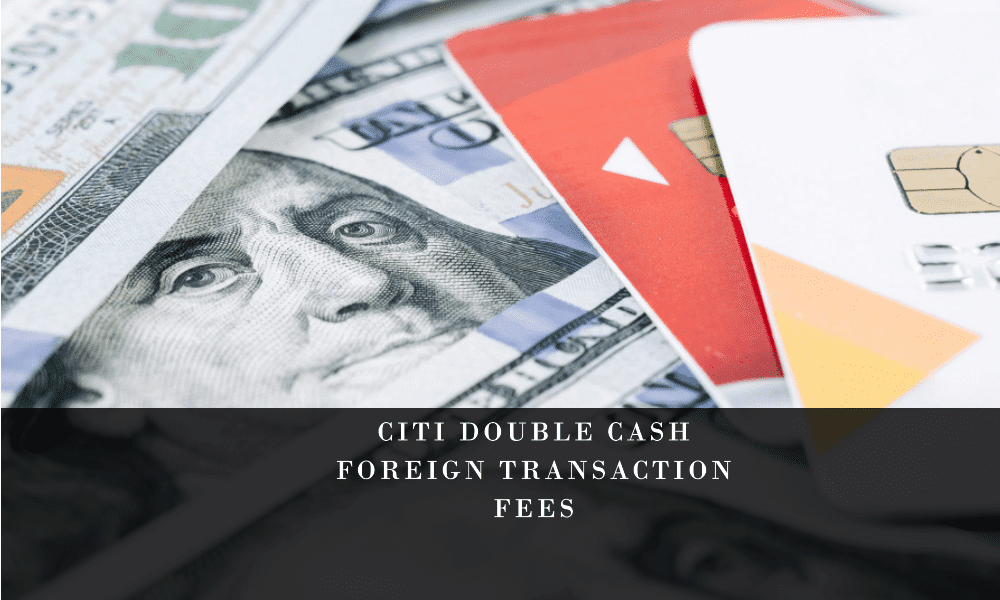Citi Double Cash Foreign Transaction Fee

The Citibank Double Cash credit card is a popular choice among savvy consumers for its generous rewards system. As with any credit card, understanding the terms and conditions in full detail is key to optimizing its benefits while avoiding unnecessary costs. This is especially true when it comes to foreign transaction fees. In this article, we are going to delve into the Citi Double Cash foreign transaction fee and its implications for the cardholder.
Understanding the Foreign Transaction Fee
Foreign transaction fees are imposed by certain credit card issuers when cardholders make purchases abroad or online from foreign merchants. These fees typically range from 1% to 3% of the transaction amount and are designed to cover the cost of currency conversion and other processing tasks.
The Citi Double Cash Foreign Transaction Fee
The Citi Double Cash Card carries a foreign transaction fee of 3% of the U.S. dollar amount of each purchase. This fee is applied to all transactions made outside the United States, as well as online purchases from non-U.S. merchants.
This means that if you purchase a product or service worth $100 from a foreign merchant, you would be charged an extra $3 as a foreign transaction fee. This fee is typically added to your total outstanding balance and, like other credit card charges, will accumulate interest if not paid in full by your payment due date.
Implications for Cardholders
The 3% foreign transaction fee on the Citi Double Cash Card is something that frequent international travelers and those who regularly shop online from foreign merchants should consider. These costs can add up quickly, and it’s essential to factor them into your budget when making purchases abroad or from international websites.
However, if the majority of your credit card spending occurs within the U.S., the foreign transaction fee may not be a significant concern. The Citi Double Cash Card’s main draw – its generous 2% cash back rewards system (1% when you make a purchase and 1% when you pay it off) – could offset the occasional foreign transaction fee for those who rarely engage in international transactions.
Alternatives to Consider
If you’re a frequent traveler or often shop from international merchants, you might want to consider a credit card that doesn’t charge foreign transaction fees. Many travel rewards credit cards, for instance, waive these fees as a perk to attract globe-trotting customers. Examples of such cards include the Chase Sapphire Preferred or Reserve cards, Capital One Venture Rewards card, and certain versions of the American Express Platinum Card.
In addition, some credit card issuers offer no foreign transaction fees across all their cards. For instance, Discover and Capital One do not charge foreign transaction fees on any of their credit cards.
The Bottom Line
The Citi Double Cash Card offers excellent cash back rewards for domestic spending, but its 3% foreign transaction fee can make it a less-than-ideal choice for frequent international spenders. As with any credit card, understanding all the associated fees and how they apply to your specific spending habits is crucial. If you’re uncertain about your potential foreign transaction fee exposure, it may be worth consulting with a financial advisor or doing further research to find a credit card that best suits your financial needs.
Please note that credit card terms and conditions can change over time, and it’s always best to check with the card issuer for the most current information.








